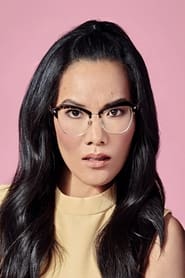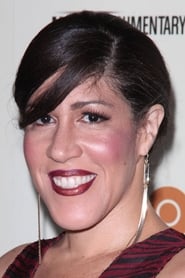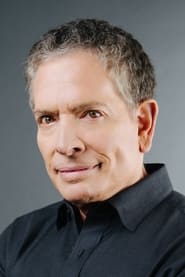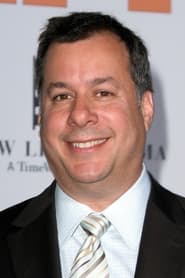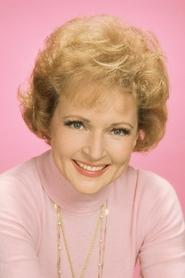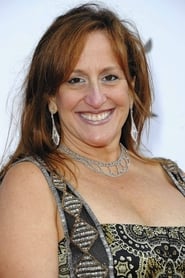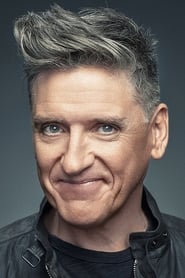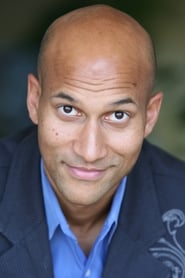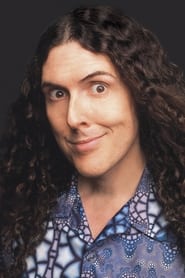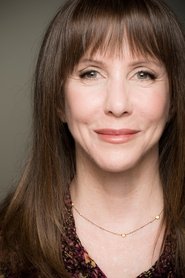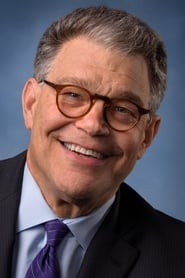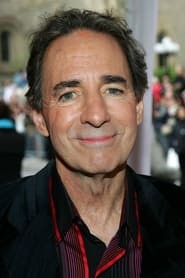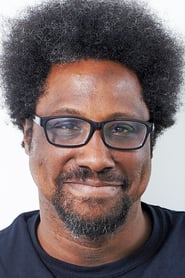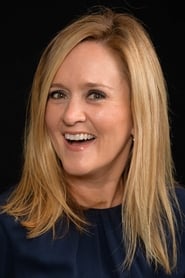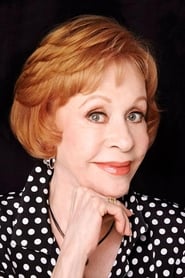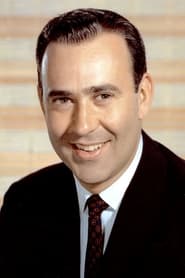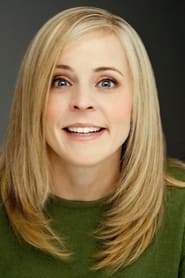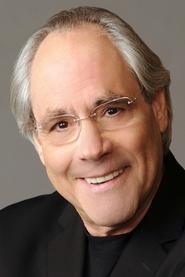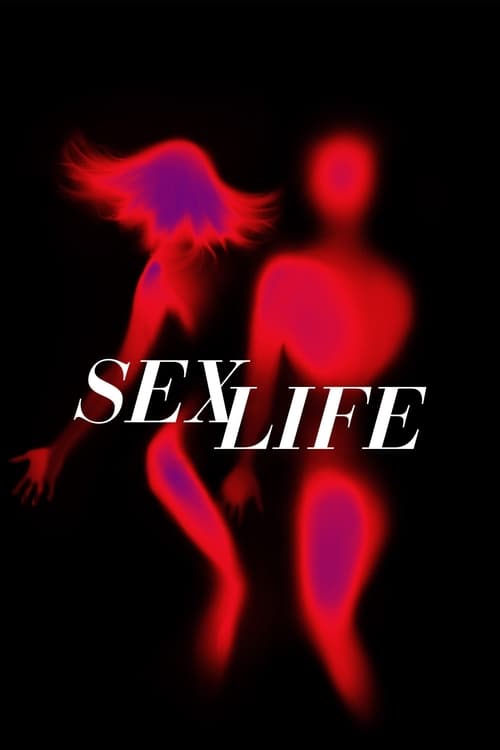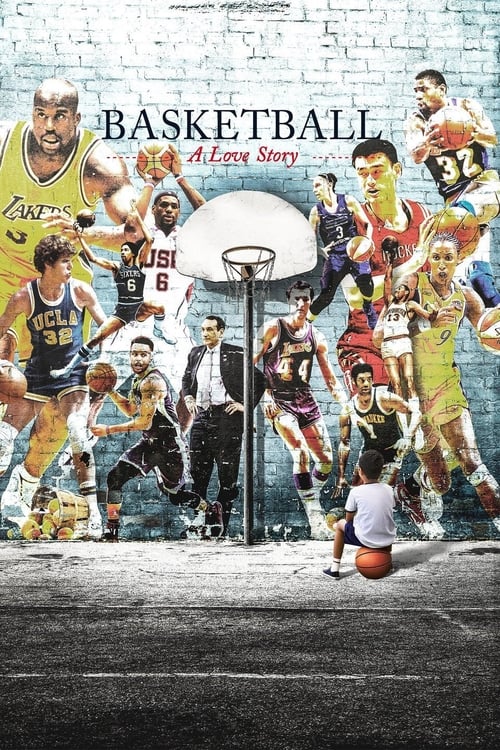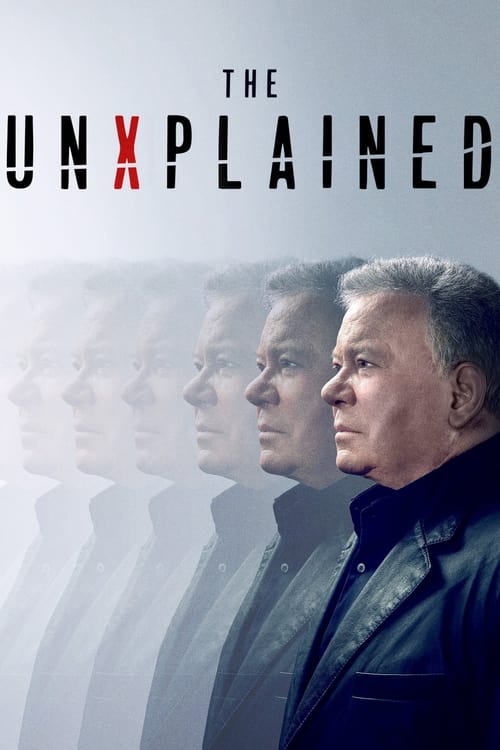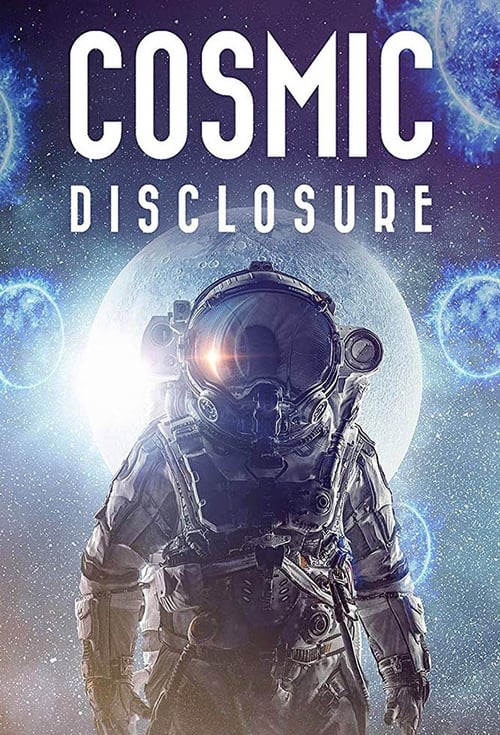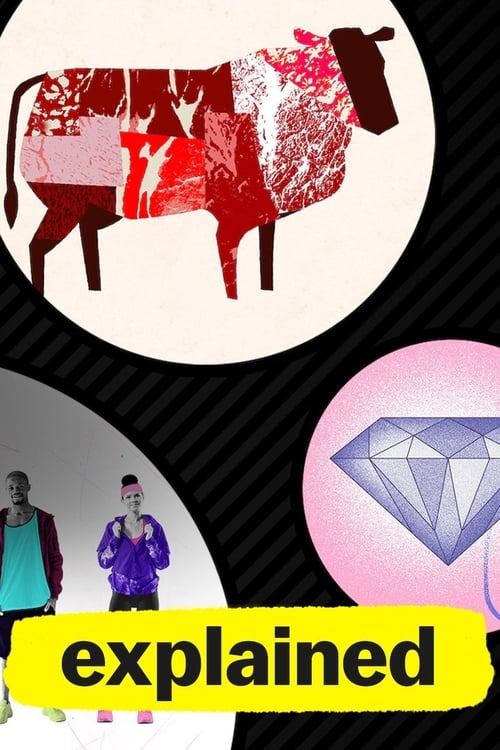
Ask Your Own Question
What is the plot?
In the second episode of "The History of Comedy," titled "The Funnier Sex," the narrative begins by exploring the historical context of women in comedy. The episode opens with a montage of early female comedians, showcasing their struggles and triumphs in a male-dominated industry. Archival footage and photographs highlight figures like Lucille Ball and Joan Rivers, setting the stage for a discussion on the evolution of women's roles in comedy.
The episode transitions to interviews with contemporary female comedians who reflect on the challenges they face. Comedians such as Amy Schumer and Margaret Cho share personal anecdotes about their experiences breaking into the comedy scene. They discuss the societal expectations placed on women and how these expectations have influenced their comedic styles. The emotional weight of their stories is palpable, as they recount moments of both rejection and empowerment.
Next, the episode delves into the 1970s and 1980s, a pivotal time for women in comedy. It features clips from groundbreaking shows like "The Mary Tyler Moore Show" and "Saturday Night Live," which began to showcase female talent more prominently. The narrative highlights the significance of these platforms in providing women with opportunities to perform and be recognized for their comedic abilities. The excitement and pride of these women are evident as they recount their experiences on these influential shows.
As the episode progresses, it shifts focus to the rise of stand-up comedy as a popular form of entertainment. The documentary includes interviews with female stand-up comedians who discuss the unique challenges they face on stage. They describe the pressure to be both funny and likable, often feeling the need to prove themselves in front of predominantly male audiences. The tension in their voices reveals the internal struggles they endure while trying to carve out their space in the comedy world.
The episode also addresses the backlash and criticism that female comedians often receive. It features clips of stand-up routines that have sparked controversy, illustrating the double standards women face compared to their male counterparts. The emotional impact of these criticisms is explored through personal stories from the comedians, who express feelings of frustration and determination to continue pushing boundaries.
In a pivotal segment, the episode highlights the emergence of female-led comedy shows in the 1990s and 2000s. It showcases series like "The Ellen DeGeneres Show" and "Parks and Recreation," which not only featured female leads but also employed women in writing and production roles. The excitement of these developments is palpable, as the comedians discuss how these shows have changed the landscape of comedy and provided more opportunities for women.
The episode culminates in a discussion about the current state of comedy and the ongoing fight for equality in the industry. It features a roundtable discussion with several prominent female comedians who share their thoughts on the progress made and the work that still needs to be done. Their passion and commitment to supporting one another are evident as they discuss initiatives aimed at uplifting female voices in comedy.
The episode concludes with a powerful montage of female comedians performing, celebrating their resilience and contributions to the comedy world. The final scenes evoke a sense of hope and determination, leaving viewers with a strong impression of the importance of female representation in comedy.
What is the ending?
In the ending of "The Funnier Sex," the episode concludes with a celebration of female comedians and their contributions to the comedy landscape. It highlights the progress women have made in the industry, showcasing their resilience and talent. The episode wraps up with a sense of empowerment, emphasizing the importance of female voices in comedy.
As the episode draws to a close, the screen transitions to a montage of clips featuring various female comedians throughout history. The visuals are vibrant and energetic, showcasing women from different eras, each bringing their unique style and perspective to the stage. Laughter fills the air as the audience is treated to snippets of performances that highlight the wit and humor of these women.
The narrative shifts to interviews with contemporary female comedians who reflect on the challenges they faced in a male-dominated industry. Their expressions convey a mix of pride and determination as they recount their journeys. One comedian shares a poignant story about breaking barriers and finding her voice, while another discusses the importance of representation in comedy. The emotional weight of their experiences resonates deeply, illustrating the struggles and triumphs of women in the field.
As the episode nears its conclusion, the focus returns to the celebration of female comedians. The screen fills with images of women laughing, performing, and supporting one another. The atmosphere is one of camaraderie and empowerment, underscoring the message that comedy is a space for everyone, regardless of gender. The final moments leave viewers with a sense of hope and inspiration, as the legacy of female comedians continues to grow and evolve.
The episode ends on a high note, with a powerful reminder of the impact women have had on comedy and the importance of their voices in shaping the future of the art form. The screen fades to black, leaving the audience with a lasting impression of the strength and resilience of women in comedy.
Is there a post-credit scene?
In the episode "The Funnier Sex" of The History of Comedy, there is no post-credit scene. The episode concludes without any additional content after the credits roll. The focus remains on the exploration of female comedians and their impact on the comedy landscape, highlighting their struggles, triumphs, and the evolution of women's roles in the comedic sphere. The episode wraps up with a strong emphasis on the contributions of women in comedy, leaving viewers with a sense of appreciation for their influence and resilience in a traditionally male-dominated industry.
What specific challenges did female comedians face in the early days of comedy as discussed in the episode?
The episode highlights the societal norms and expectations that restricted women's participation in comedy, showcasing how female comedians often had to navigate a male-dominated industry. It details the struggles they faced in gaining respect and recognition, often being dismissed or ridiculed for their humor.
Which notable female comedians were featured in this episode and what were their contributions?
The episode features prominent figures such as Joan Rivers, Lucille Ball, and Tina Fey, discussing their groundbreaking work and how they paved the way for future generations of female comedians. It emphasizes their unique styles and the impact they had on the comedy landscape.
How did the episode illustrate the evolution of women's roles in comedy over the decades?
The episode chronicles the shift from women being relegated to supporting roles or stereotypes in the early 20th century to taking center stage in stand-up and television. It uses archival footage and interviews to show how female comedians began to assert their voices and challenge societal norms.
What specific comedic styles or techniques did female comedians employ to connect with their audiences?
The episode delves into the use of personal storytelling, self-deprecation, and observational humor as techniques that female comedians utilized to resonate with their audiences. It highlights how these styles allowed them to address gender issues and personal experiences in relatable ways.
What impact did the feminist movement have on female comedians as discussed in the episode?
The episode discusses how the feminist movement of the 1960s and 70s provided a platform for female comedians to express their views on gender equality and societal expectations. It illustrates how this cultural shift empowered women to tackle taboo subjects in their routines, leading to a more open dialogue about women's issues in comedy.
Is this family friendly?
"The History of Comedy," season 1, episode 2, titled "The Funnier Sex," explores the role of women in comedy and their contributions to the genre. While the episode is informative and engaging, it does touch on themes and topics that may not be suitable for all children or sensitive viewers.
Potentially objectionable or upsetting aspects include:
-
Discussion of Gender Stereotypes: The episode addresses societal expectations and stereotypes related to women in comedy, which may lead to discussions that some viewers find uncomfortable.
-
Mature Humor: There are instances of humor that may include adult themes or innuendos, which could be inappropriate for younger audiences.
-
Historical Context of Misogyny: The episode may reference historical instances of sexism and discrimination against female comedians, which could be upsetting for some viewers.
-
Personal Struggles: It may include anecdotes about the personal challenges faced by female comedians, including issues of self-esteem and acceptance, which could resonate deeply and evoke emotional responses.
Overall, while the episode is educational and highlights the achievements of women in comedy, parents may want to consider these elements when deciding if it is suitable for children or sensitive viewers.


